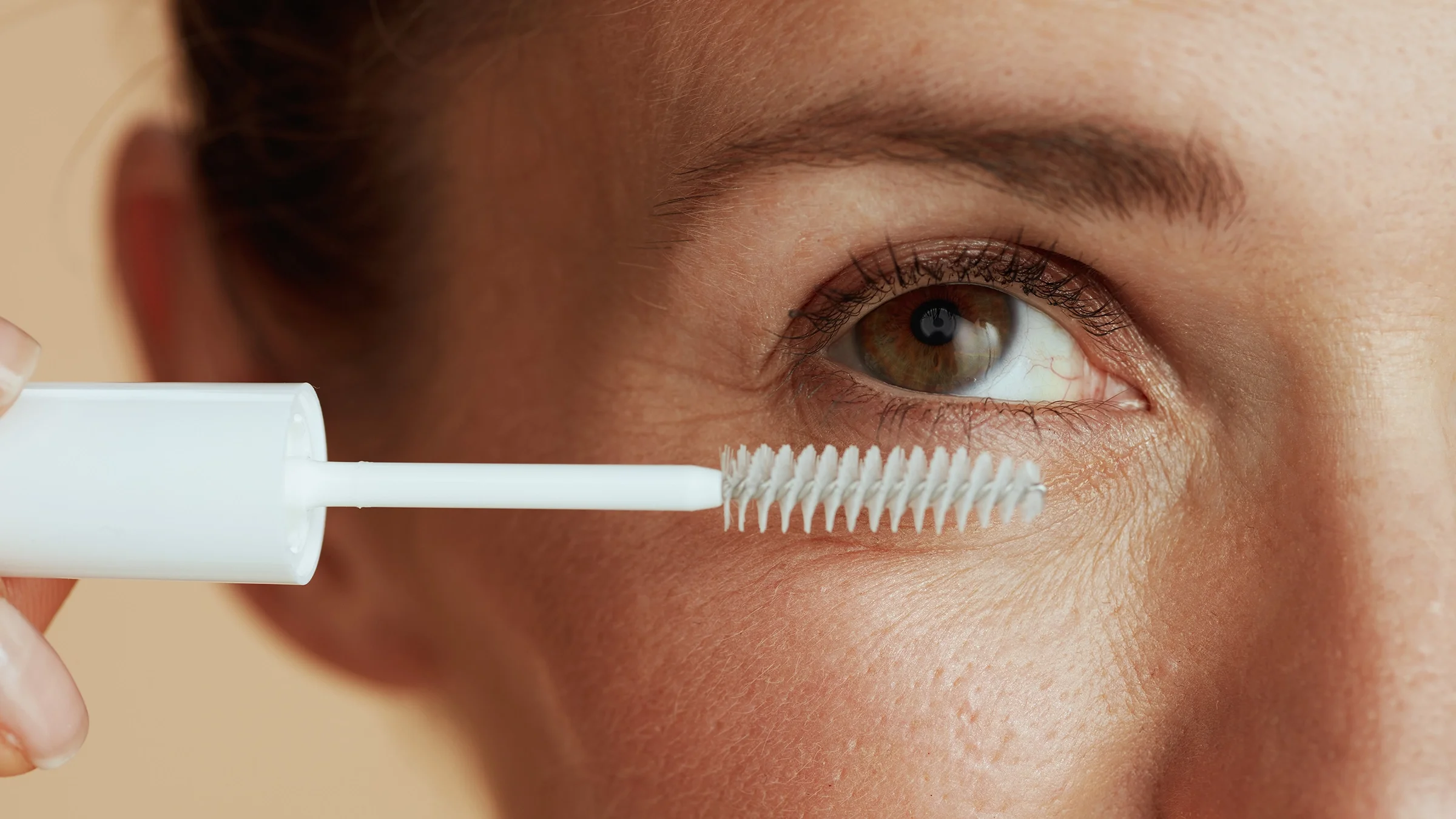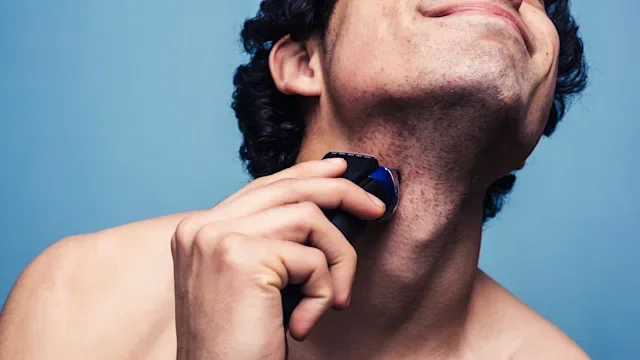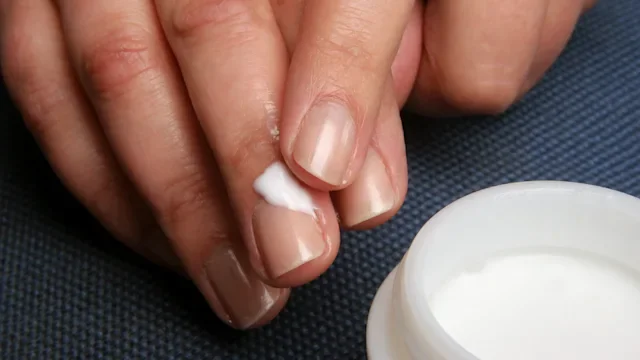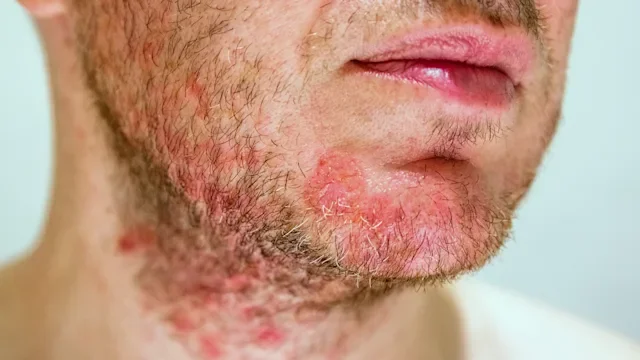Key takeaways:
Castor oil is a vegetable oil. It's rich in fatty acids that have moisturizing, antimicrobial, and anti-inflammatory properties.
It won’t actually make your lashes grow longer. But castor oil may protect and strengthen the lashes you already have. Castor oil’s thick texture coats lashes, which may reduce breakage and make lashes look fuller over time.
Castor oil is generally safe to use. But it can cause skin irritation or clogged ducts in the lashline. If you want to try castor oil for eyelashes, do a patch test first to see how your skin reacts.
If you follow beauty or wellness influencers on social media, you’ve likely heard people talking about castor oil. Many people swear by it to help with everything from skin care (used topically) to better digestion (taken orally). Recently, castor oil has become especially popular for use on eyelashes.
But does castor oil for eyelashes actually work, or is it just another internet beauty myth? Let’s take a look at what we know so far and see what the science says.
What is castor oil?
Castor oil is a thick vegetable oil that’s made by pressing the seeds of the castor plant (Ricinus communis). Castor oil has been used for centuries in traditional medicine and cosmetics. This is because it’s moisturizing and contains high amounts of ricinoleic acid, a fatty acid with anti-inflammatory and antimicrobial properties.
Search and compare options
Does castor oil for eyelashes work?
Influencers make three main claims about what castor oil can do for your lashes:
It can stimulate eyelash growth.
It can make lashes thicker.
And it can make them grow longer.
But are these claims true? Let’s look at each claim and see what the research actually says.
1. Stimulates eyelash growth
Verdict: Possibly true, but unproven
There’s no scientific evidence showing that castor oil makes your eyelashes grow. But ricinoleic acid may have some benefits for lash health.
Research suggests that ricinoleic acid may help block the activity of prostaglandin D2, an enzyme that’s linked to hair loss. So it’s natural to wonder whether castor oil might help promote a healthy environment for hair follicles and lead to hair growth.
But this is largely theoretical. There are no clinical trials specifically looking at castor oil and eyelash growth. So while castor oil may support overall lash and follicle health, there’s no evidence it actually stimulates new growth.
Experiencing hair loss? There are many claims out there about natural hair-growth remedies. Let's take a look at which ones may be worth a try.
Does Latisse really work for lash growth? Latisse is the only FDA-approved prescription medication to improve the appearance of sparse lashes. Learn how it works.
Foods for skin health: Did you know there’s a strong link between what you eat and the health of your skin? Here are some of the best foods and drinks for glowing skin.
2. Makes lashes thicker
Verdict: Somewhat true
Because castor oil is thick and syrupy, applying it to the lashes can give them a fuller look. And the ricinoleic acid moisturizes and conditions the lash hairs. This may prevent them from becoming brittle or breaking off. The ricinoleic acid also nourishes the hair follicles. This may protect them from microbial infections — like blepharitis (eyelid inflammation) — that can sometimes cause hair loss.
So castor oil might not actually increase the number of lash hairs you have. But it may help protect the ones you have already. This can make your lashes look healthier and thicker over time.
3. Makes lashes grow longer
Verdict: Unlikely
There’s no research showing that castor oil makes lashes grow longer. To actually lengthen eyelashes, a product would have to extend lashes’ anagen phase, the natural growth phase. This phase of active growth lasts a few weeks at a time.
But the only FDA-approved treatment proven to extend lashes’ growth phase is Latisse (bimatoprost). This is how this medication makes lashes grow longer. Castor oil doesn’t work the same way.
That said, since castor oil coats the lashes and may prevent breakage, it can give the appearance of longer lashes. But this is different from true growth.
Is it safe to use castor oil on eyelashes?
For most people, castor oil is safe to use on eyelashes. But it can cause some side effects, including:
Eye irritation: Getting castor oil in your eyes can feel uncomfortable and cause redness, stinging, or blurred vision. It's not usually dangerous, but you should still try to keep castor oil out of your eyes. If you do get castor oil in your eye, flush it with cold water.
Clogged pores or styes: Castor oil is considered non-comedogenic, which means it doesn’t clog pores. That said, everyone's skin is different, and using heavy oils can still clog pores or tear ducts. Blocked or clogged eyelid glands can also cause styes, which are infected bumps on the eyelid.
Allergic reactions: Though it’s rare, some people are allergic to castor oil. If you notice itching, swelling, or a rash, stop using it immediately.
If you have sensitive skin or any eye issues, it’s a good idea to check with a dermatologist or ophthalmologist before using castor oil for eyelashes.
How do you use castor oil on eyelashes?
As we said above, there’s no scientific proof that castor oil can help your eyelashes grow. But many people still use it as part of their nighttime routine. If you want to try castor oil for eyelashes, keep these tips in mind:
Choose cold-pressed castor oil: This type of castor oil is less processed than others. And it’s free of hexane, a potentially irritating solvent used in other types of castor oil.
Do a patch test: Apply a small amount of castor oil to your inner forearm. After 24 hours, check to see if you have a skin reaction, like redness or itchiness. If you do, it’s best to avoid using castor oil on the skin or eyelashes.
Apply only a very small amount: Using a clean mascara spoolie, apply a single coat of castor oil to your eyelashes. Then, with a cotton swab, apply a light coat to your upper lash line where the lid meets the lashes.
Use it at night: Apply castor oil before bed so it has time to soak in overnight. Plus, you won't have to deal with greasy lashes during the day.
Frequently asked questions
Castor oil is unlikely to grow your lashes, but it may help your lashes look thicker and fuller. Most people say it takes at least 6 weeks of consistent use to improve lash health. But keep in mind: These results are usually subtle rather than dramatic.
Castor oil is sticky, thick, and can be messy to apply around your eyes. It can also transfer to your pillow if you apply too much before bed. If that oil transfers to your face, it can cause acne. So use a small amount, and let it absorb fully into your lashes before laying down.
Vaseline (petroleum jelly) doesn’t make eyelashes grow. Like castor oil, it can coat and condition the lashes to help reduce breakage. And this may create the illusion of longer or fuller lashes. But it doesn’t directly promote new growth.
Castor oil is unlikely to grow your lashes, but it may help your lashes look thicker and fuller. Most people say it takes at least 6 weeks of consistent use to improve lash health. But keep in mind: These results are usually subtle rather than dramatic.
Castor oil is sticky, thick, and can be messy to apply around your eyes. It can also transfer to your pillow if you apply too much before bed. If that oil transfers to your face, it can cause acne. So use a small amount, and let it absorb fully into your lashes before laying down.
Vaseline (petroleum jelly) doesn’t make eyelashes grow. Like castor oil, it can coat and condition the lashes to help reduce breakage. And this may create the illusion of longer or fuller lashes. But it doesn’t directly promote new growth.
The bottom line
Many people swear by castor oil for healthier-looking eyelashes. But there’s no strong scientific evidence to suggest that castor oil makes lashes grow longer or thicker. That said, it can help moisturize the hairs you already have and protect them from damage and loss. This can make them look fuller over time.
If you want to try castor oil for eyelashes, start with a patch test to make sure the oil doesn’t irritate your skin. Always use a clean applicator, and apply castor oil in very small amounts before bedtime. But if you’re looking for clinically proven results, talk to a healthcare professional. They can discuss lash growth treatments that are backed by research.

Why trust our experts?



References
Goyal, A., et al. (2022). Bioactive-based cosmeceuticals: An update on emerging trends. Molecules.
Mysore, V., et al. (2022). Hair oils: Indigenous knowledge revisited. International Journal of Trichology.
PubChem. (n.d.). Castor oil. National Library of Medicine.
Sandford, E. C., et al. (2021). Therapeutic potential of castor oil in managing blepharitis, meibomian gland dysfunction and dry eye. Clinical and Experimental Optometry.














